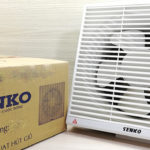There are many misconceptions about saving energy that can end up costing you more money and even affect the lifespan of your electrical appliances. Let’s take a look at some common mistakes people make when trying to save energy and find out the right ways to do so.
1 Turning Off Appliances Without Unplugging
Many appliances like phone chargers, computers, microwaves, and fans still use power when they are turned off but remain plugged into an outlet. This is known as “phantom power,” and it can add up to a significant amount of energy consumption over time.
To reduce energy waste, remember to unplug electronic devices when they are not in use. However, for appliances like rice cookers, it is advisable to wait for them to cool down before unplugging, usually around 30 minutes.
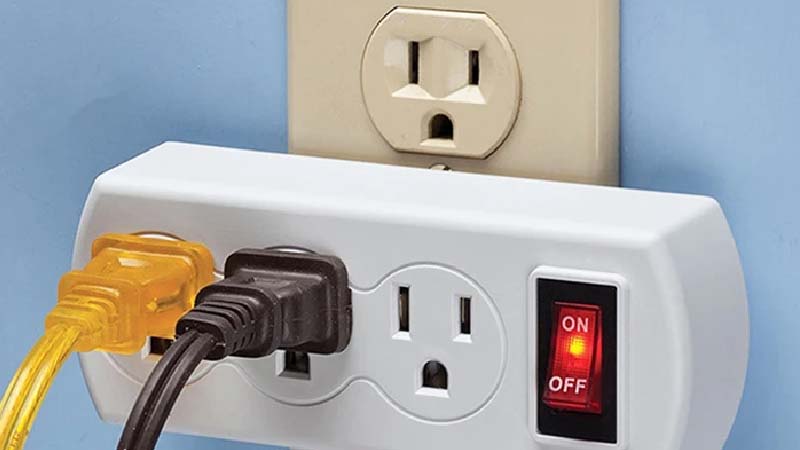 Turning off appliances without unplugging
Turning off appliances without unplugging
2 Relying on Energy-Saving Devices
While energy-saving devices are designed to help reduce energy consumption, their effectiveness may vary. These devices primarily help stabilize voltage and reduce energy loss due to wiring and loads. However, buying energy-saving devices of unknown origin and brands may lead to increased energy consumption and unsafe home electrical conditions.
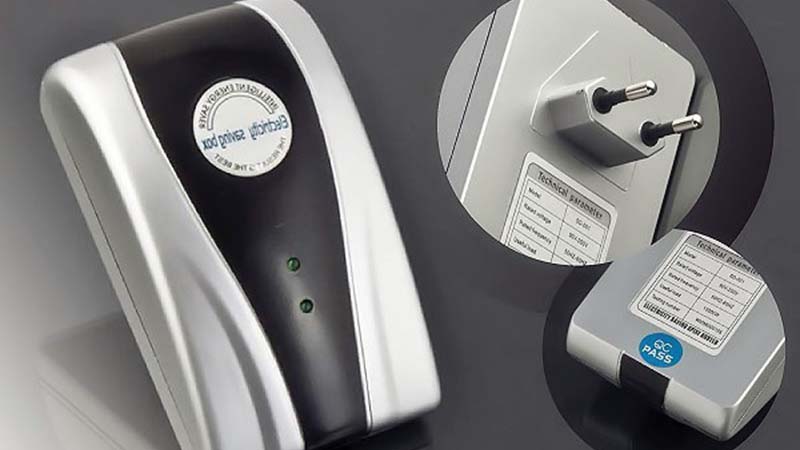 Relying on energy-saving devices
Relying on energy-saving devices
3 Keeping Ceiling Fans Running Continuously
Contrary to popular belief, running ceiling fans continuously will not make a room significantly cooler. Fans circulate air, creating a wind chill effect that makes you feel cooler. On hot and humid days, using a ceiling fan may not provide the desired cooling effect and will waste energy.
Consider using an air conditioner instead, as it will effectively cool the room without wasting as much energy.
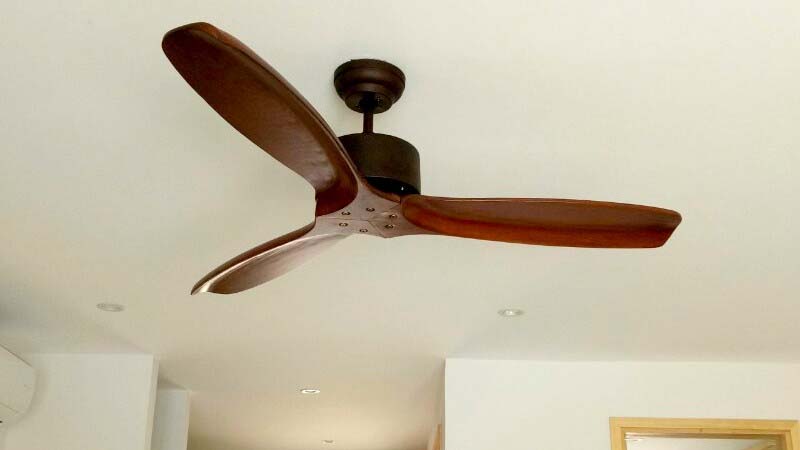 Keeping ceiling fans running continuously
Keeping ceiling fans running continuously
4 Keeping the Air Conditioner at a Constant Temperature
You might think that maintaining the same temperature for extended periods will save energy, but that’s not always the case. According to the U.S. Department of Energy, you should increase the temperature setting by 2-3 degrees at night or when there are fewer people at home. This simple adjustment can reduce your annual cooling costs by up to 10%.
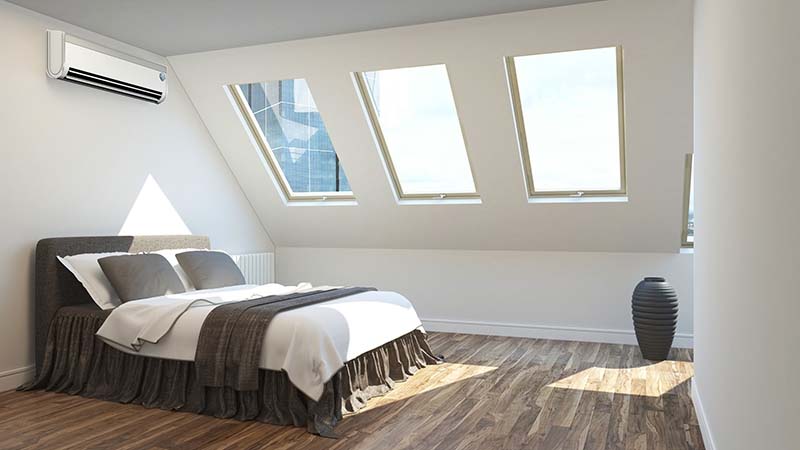 Keeping the air conditioner at a constant temperature
Keeping the air conditioner at a constant temperature
5 Frequently Turning Lights On and Off
While it is a common practice to turn off the lights when leaving a room for a short period, this method only works for incandescent bulbs. For fluorescent and LED lights, frequent switching can reduce their lifespan and waste energy. If you’re stepping out for just 10-15 minutes, it’s more energy-efficient to leave the lights on.
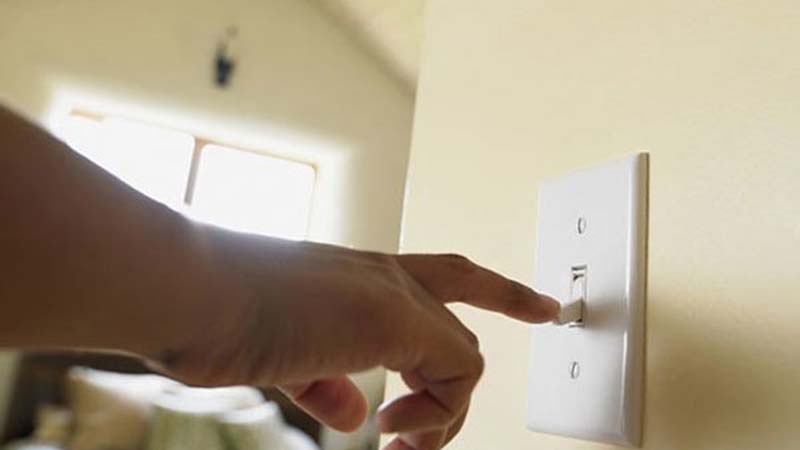 Frequently turning lights on and off
Frequently turning lights on and off
6 Leaving Devices in Sleep or Standby Mode
Just because a device is in sleep or standby mode doesn’t mean it has stopped consuming power. These modes still draw a small amount of electricity, and if your home’s electrical system has issues, it could lead to unwanted consequences.
 Leaving devices in sleep or standby mode
Leaving devices in sleep or standby mode
7 Neglecting to Clean the Refrigerator Regularly
Failing to clean your refrigerator regularly can lead to blocked air vents due to dust and dirt buildup. This affects the refrigerator’s performance and causes it to work harder, resulting in higher energy consumption. A good practice is to clean your refrigerator every 1-2 months to maintain its efficiency and save energy.
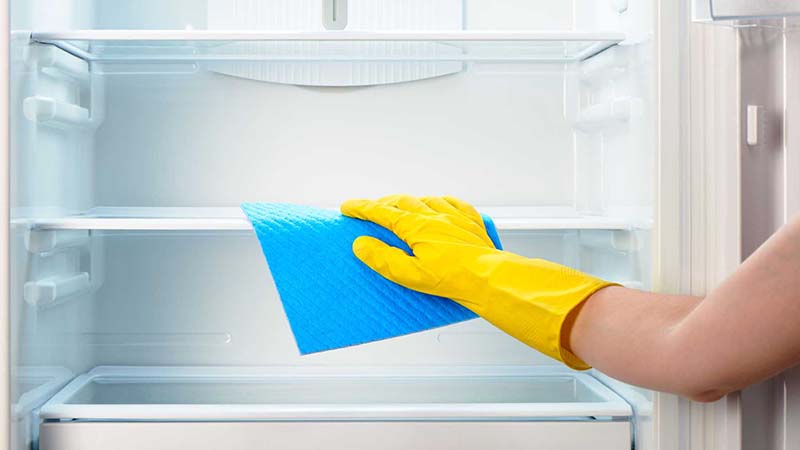 Neglecting to clean the refrigerator regularly
Neglecting to clean the refrigerator regularly
8 Using the Rice Cooker’s Keep Warm Function for Extended Periods
While it may seem convenient to keep your rice warm for extended periods, doing so can affect the taste and texture of the rice and waste a lot of energy. The amount of power consumed in keep-warm mode varies depending on the cooker, but it can range from 40W to 150W. Leaving it on for 10 hours, for example, could add an extra 0.4 to 1.5 kWh to your electricity bill.
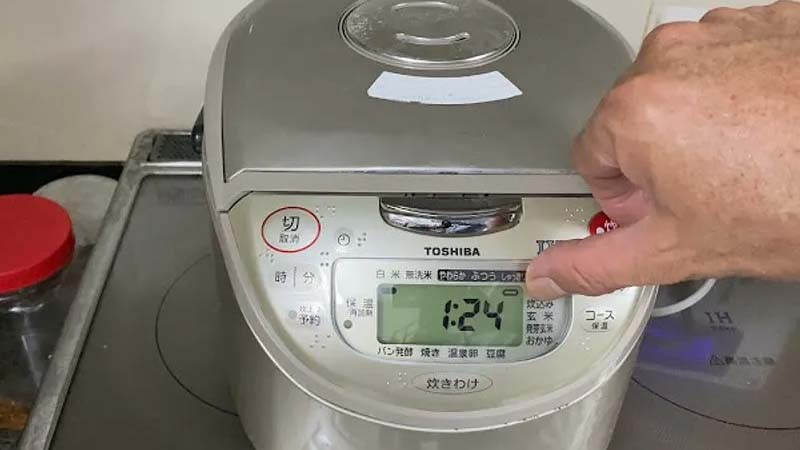 Using the rice cooker’s keep warm function for extended periods
Using the rice cooker’s keep warm function for extended periods
9 Focusing Only on Major Appliances
While air conditioners and refrigerators are the most power-hungry appliances, ignoring other devices can undermine your energy-saving efforts. For example, a phone charger left plugged in for 24 hours consumes about 0.25 kWh, and a TV on standby for a day uses about 0.18 kWh.
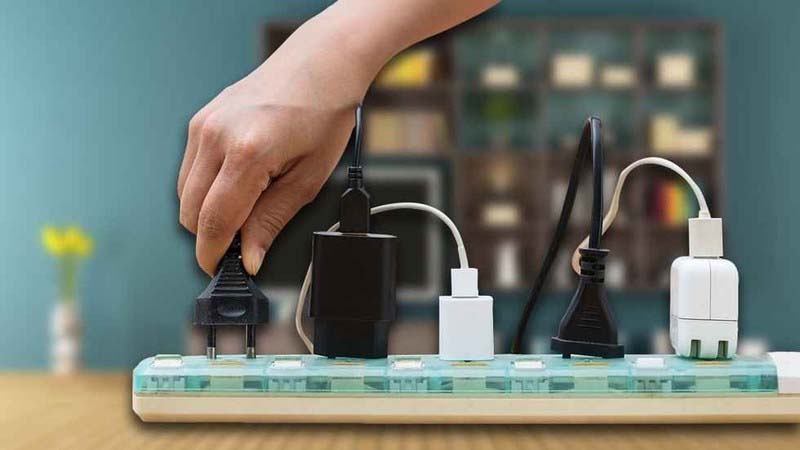 Focusing only on major appliances
Focusing only on major appliances
10 Overloading the Refrigerator
Overloading your refrigerator with food and poor food storage practices can reduce its lifespan and increase energy consumption. To maintain a stable temperature, allow food to cool down before placing it in the fridge. Using ceramic or glass containers with tight-fitting lids and organizing your food efficiently can also help maintain optimal temperatures and save energy.
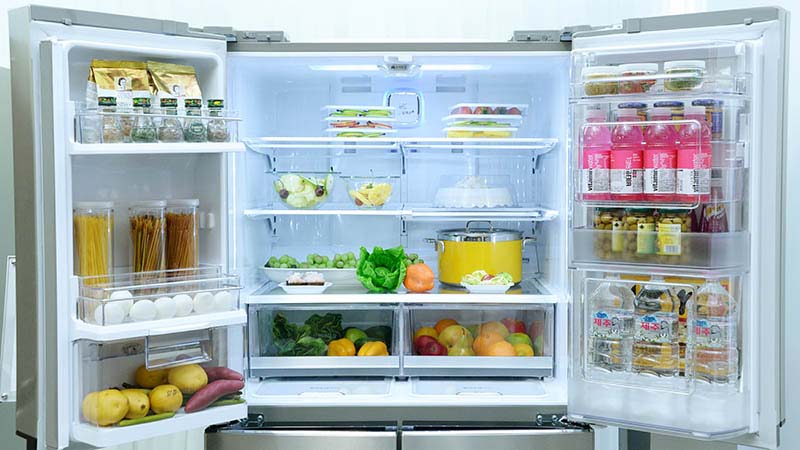 Overloading the refrigerator
Overloading the refrigerator
11 Constantly Turning the Air Conditioner On and Off
Frequently turning your air conditioner on and off as the room temperature fluctuates can reduce the lifespan of the unit and waste a lot of energy. When you turn it on again, the unit consumes three times more power than it does during normal operation.
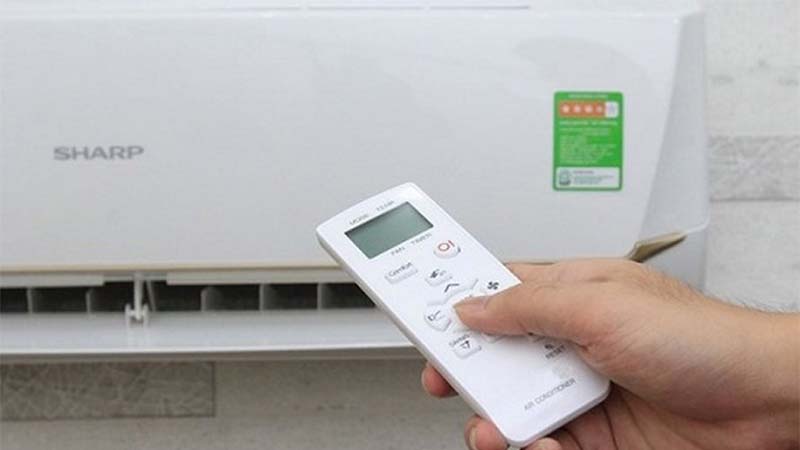 Constantly turning the air conditioner on and off
Constantly turning the air conditioner on and off
We hope that by avoiding these common mistakes, you’ll be able to save energy more effectively, reduce your electricity bills, and prolong the lifespan of your electrical appliances.
























